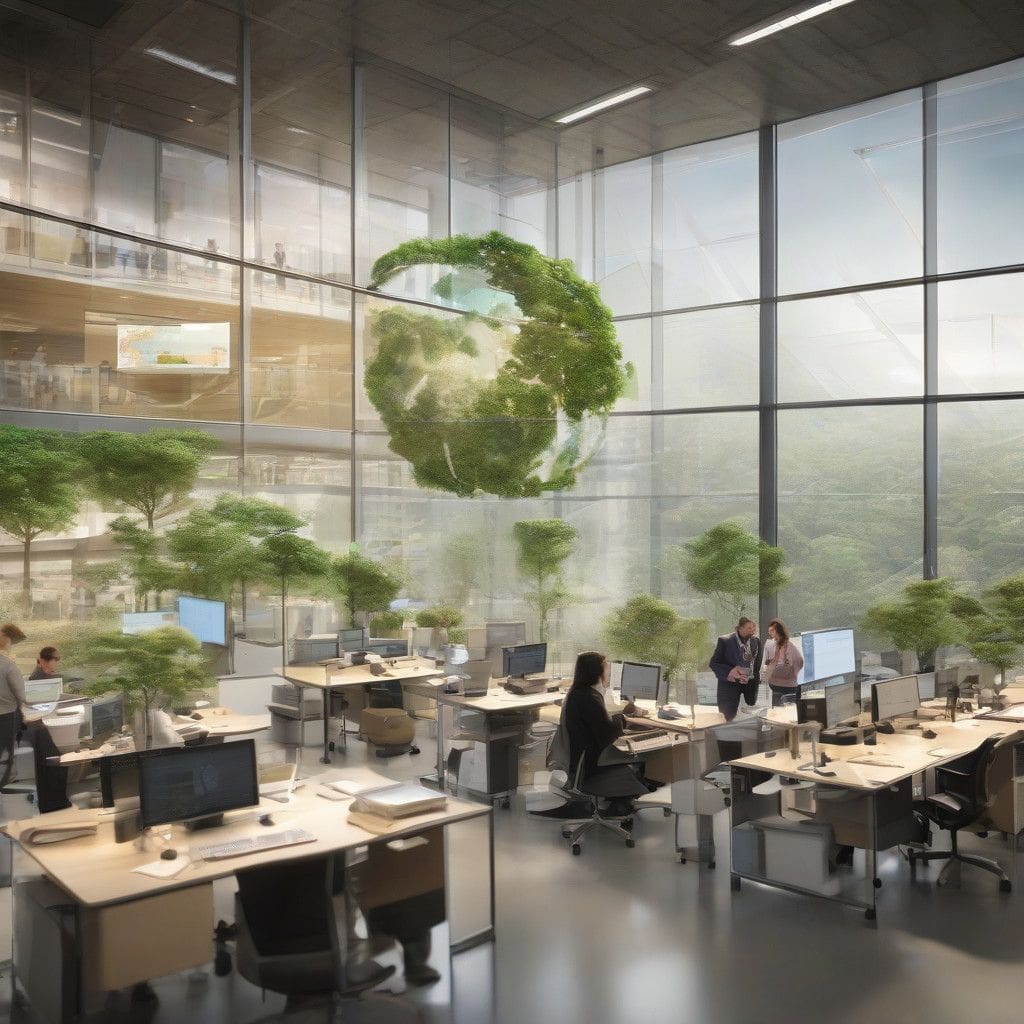Thompson Rivers University (TRU) stands out as a beacon of innovative research dedicated to societal wellbeing. With a firm commitment to collaborative and impactful projects, TRU is making significant contributions through its research centres that tackle pressing issues such as population health, cultural preservation, and environmental resilience. Three key centres — the Population Health and Aging Rural Research Centre (PHARR), the All My Relations Research Centre, and the Institute for Wildfire Science, Adaptation and Resiliency — exemplify how TRU is driving change that resonates within communities and beyond.
The insights of Shannon Wagner, Vice-President of Research at TRU, highlight the university’s ethos: “At TRU, our researchers, faculty, students, and community partners work together to push the boundaries of knowledge and create solutions to the pressing challenges we face.” This collaborative approach is essential, especially as TRU addresses contemporary needs while preparing for future changes.
All My Relations Research Centre: Prioritizing Indigenous Health
As a leader in Indigenous research, TRU boasts one of the largest Indigenous student populations in British Columbia. The All My Relations Research Centre prioritizes research that is culturally relevant and community-driven, providing a platform for Indigenous voices. This centre acts as a national hub for Indigenous family and community health research, focusing on best practices that help improve health and healing in Indigenous populations.
One remarkable initiative of the All My Relations Research Centre was a recent collaboration with the Food and Agriculture Organization (FAO) of the United Nations to create an international Indigenous Women’s research cohort. This initiative involved Indigenous women scholars from 16 countries who examined vital issues such as food systems, climate action, and Indigenous knowledge. Their findings, which will be featured in the upcoming Special Edition of the Knowledge Makers Journal, emphasize Indigenous perspectives on food security and climate resilience.
As Dr. Rod McCormick, Director of the All My Relations Research Centre, asserts, “This collaboration underscores the power of Indigenous knowledge in addressing global challenges.” By amplifying Indigenous insights, TRU is reinforcing its mission of fostering equity and sustainable practices.
Addressing Rural Health Challenges with PHARR
In recognition of Canada’s ageing population, particularly in rural areas, TRU launched the Population Health and Aging Rural Research Centre (PHARR). The centre’s focus is on improving healthcare outcomes for older adults living in these communities. Led by Dr. Juanita-Dawne Bacsu, PHARR conducts community-based studies that aim to enhance health equity and dementia care in rural populations.
PHARR emphasizes the importance of gathering evidence directly from communities through partnerships with individuals who have lived experience, community leaders, and policymakers. This approach ensures that research outcomes are not only valid but also practical and applicable. By targeting the unique healthcare challenges faced by rural Canadians, PHARR is influencing policies and practices directly aligned with community needs.
Wildfire Science and Ecosystem Resilience
As climate change continues to present increasing risks and challenges, TRU established the Institute for Wildfire Science, Adaptation, and Resiliency. This institute focuses on researching and developing innovative strategies for wildfire prevention, adaptation, and community resilience. Collaborating with the BC Wildfire Service, the institute seeks to pave the way for sustainable solutions to environmental and safety issues posed by wildfires.
One key project focuses on post-wildfire ecosystem recovery by utilizing innovative drone technology for seedpod deployment. Led by Dr. Lauchlan Fraser, the initiative aims to revolutionize how ecosystems are restored after fires. By using drones to spread native seeds in hard-to-reach areas, the project addresses restoration challenges in an effective manner. Dr. Fraser highlights, “Drones allow us to safely reach remote sites following a wildfire, delivering custom seedpods that are optimized for quick germination.” This approach enhances the rehabilitation of fire-damaged regions while considering the cultural significance of native species to Indigenous communities.
Building Strategic Partnerships
TRU’s impact extends beyond its campus. By forming strategic partnerships with government agencies, Indigenous organizations, peer institutions, and local community groups, the university ensures that its research is accessible and creates tangible benefits for the communities involved. This collaborative research model enables advancements that improve policy outcomes, enhance community wellbeing, and promote environmental health.
In conclusion, Thompson Rivers University exemplifies how dedicated research can transform communities and address critical challenges. By prioritizing collaborative efforts and innovative practices, TRU demonstrates its commitment to creating solutions that matter. As TRU continues to lead the way in various research disciplines, its influence and contributions will undoubtedly shape a better future for all.












